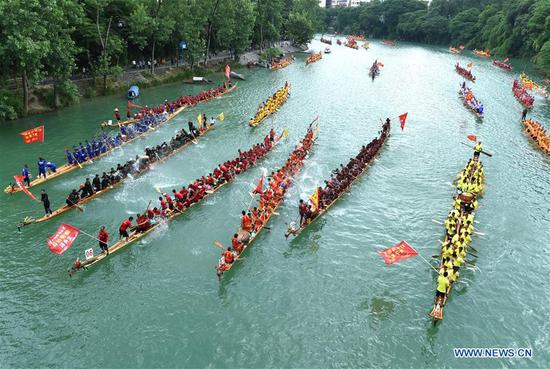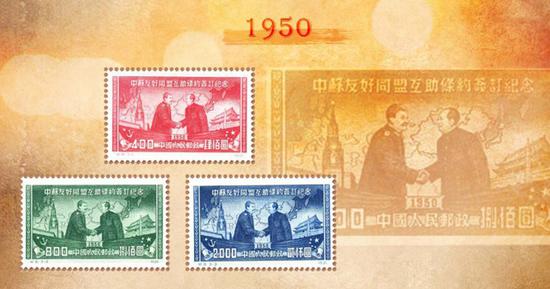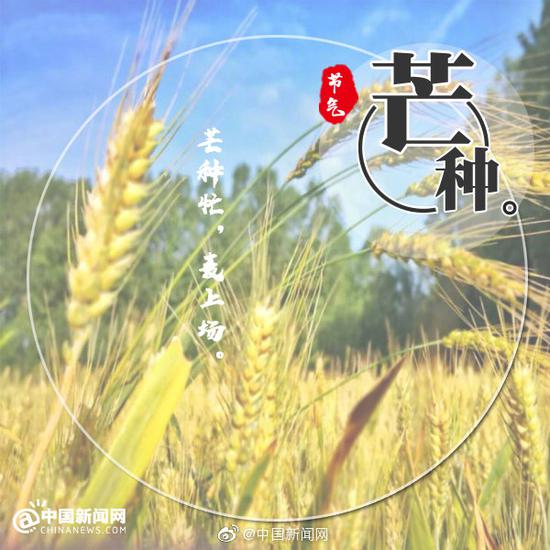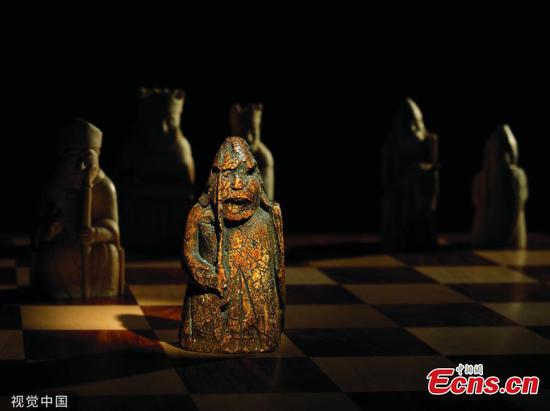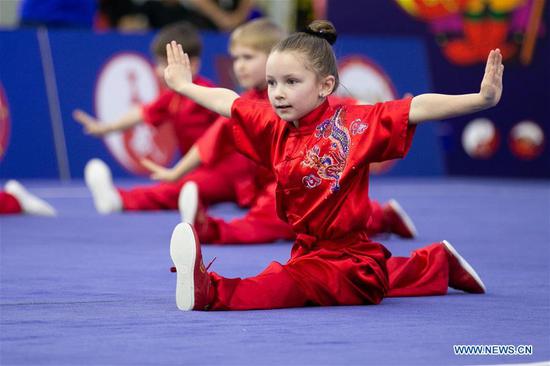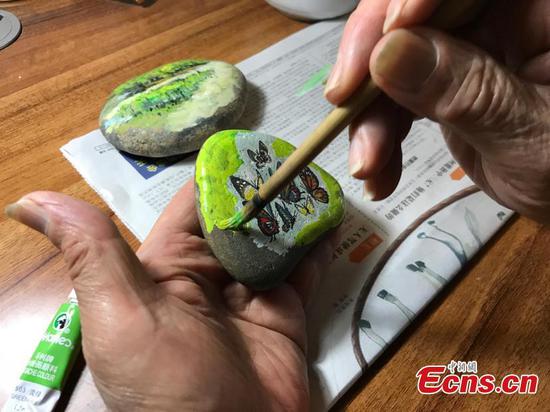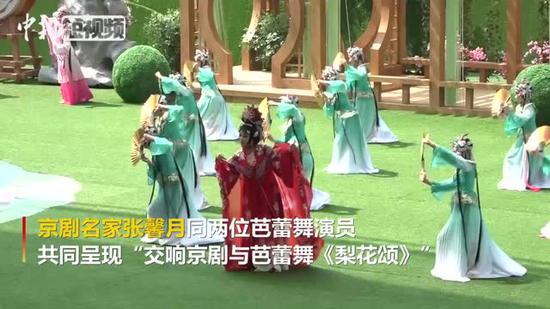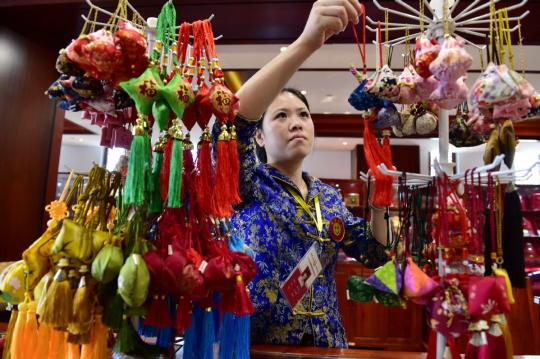
Herb sachets are popular ornaments during the festival. LYU BIN/FOR CHINA DAILY
"Our conditions are much better than before. So I can purchase ingredients from home and abroad to make zongzi a bit differently," she says.
For example, she uses dates from Dubai instead of jujube, so people don't have to spit out jujube pits. And she also uses Japanese salted cherry blossoms for flavor and garnish.
She recalls that when her family lived with five other households in a traditional courtyard dwelling, neighbors gave one another homemade zongzi and would give other dishes in return.
She now teaches her daughter about zongzi because she thinks homemade ones offer the best way to celebrate the festival.
Similarly, young parents in China are also doing their best to spread the knowledge and spirit of the festival to the next generation.
"Both parents and schoolteachers teach them about the origin, legends and customs behind these festivals," says Moon Li, a 33-year-old office worker who has lived in Hong Kong for nine years.
When Dragon Boat Festival approaches, her 11-year-old daughter and 4-year-old son ask her about the family's two routines-eating zongzi and watching dragon boat races.
"I buy zongzi in advance because my children like the glutinous snack very much. After the festival, I rarely buy them zongzi to make them aware that the delicacy is only for the festival," she says.
She and her husband take their children to the sea to watch dragon boat races in Hong Kong to embrace the festive atmosphere and learn about the importance of team spirit.
The Hong Kong government holds such races every year as a part of celebrations. Many companies and universities also have their own dragon boat teams.
During the annual Hong Kong Dragon Boat carnival, huge crowds of local residents watch teams from home and abroad compete.










